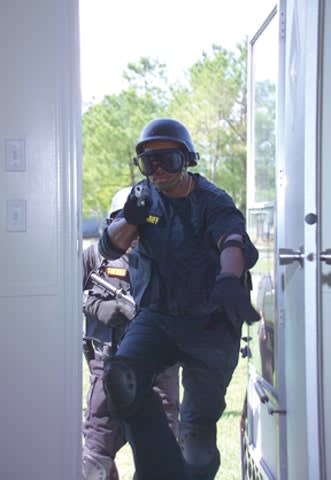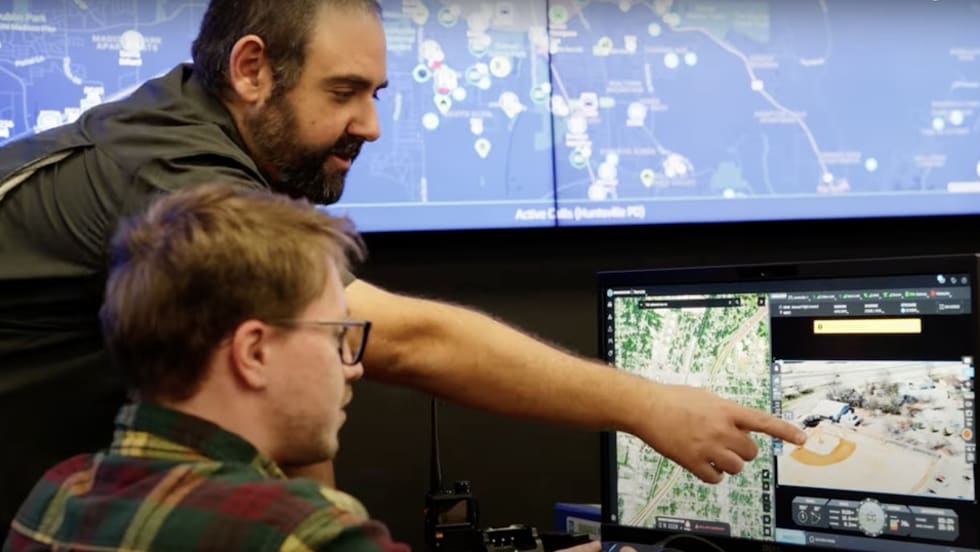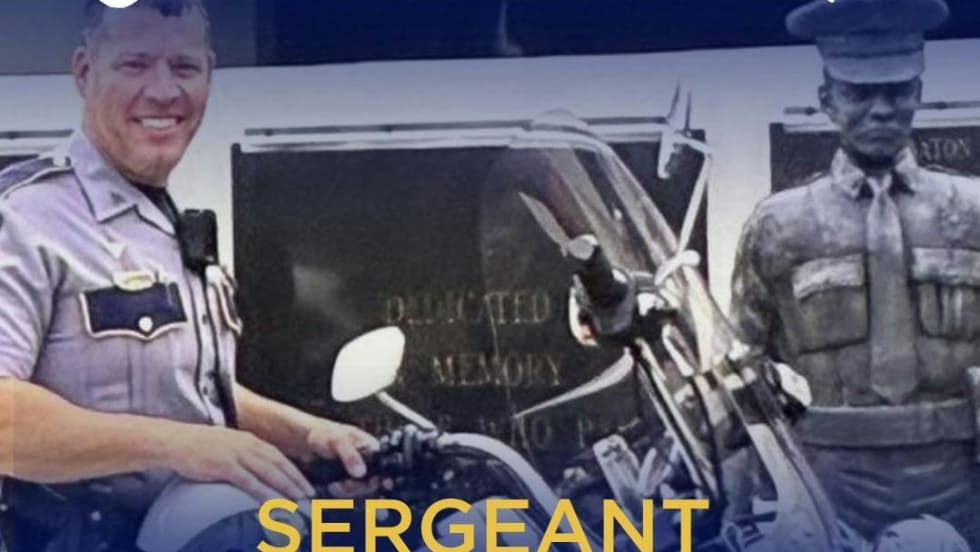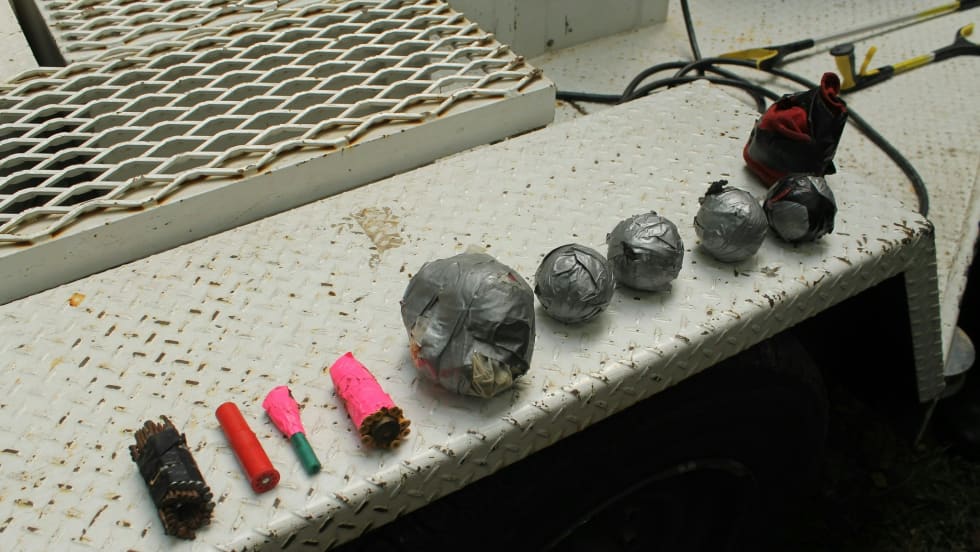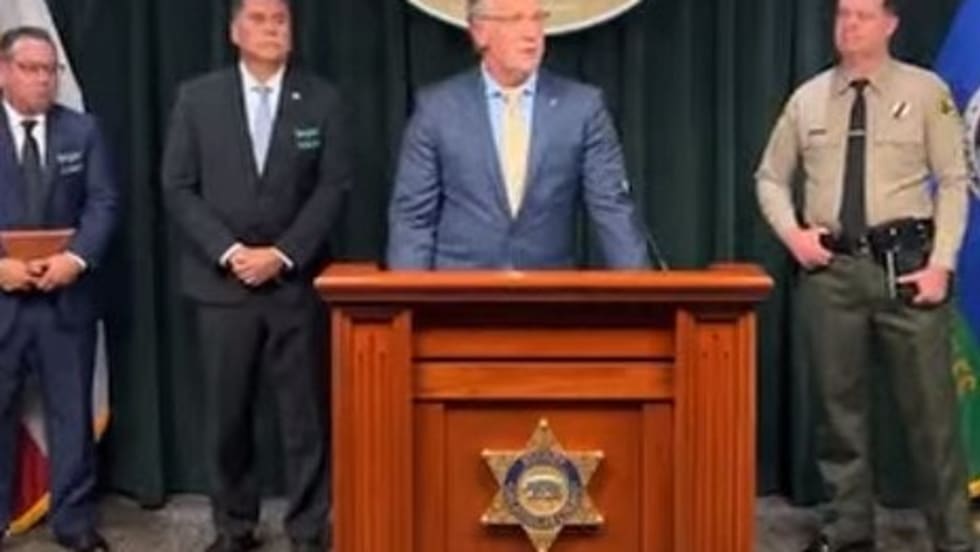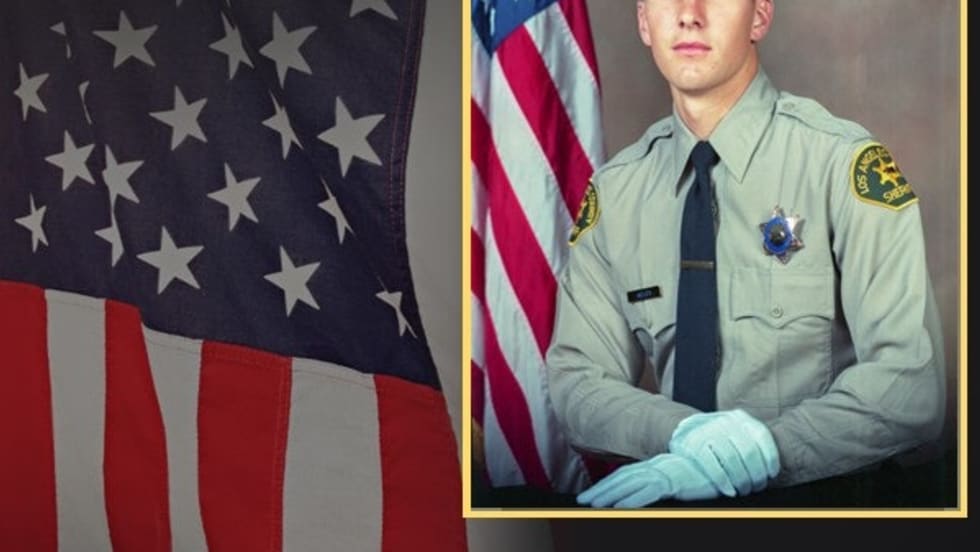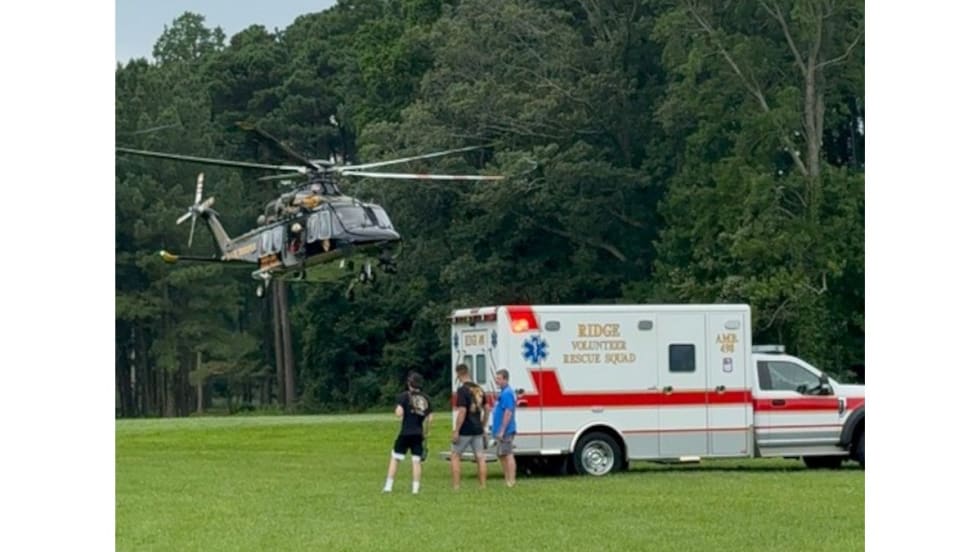A search conducted under a valid search warrant can still violate the Fourth Amendment if it is conducted in an unreasonable manner. "It is incumbent upon the officer executing a search warrant to ensure the search is lawfully authorized and lawfully conducted." (Groh v. Ramirez)
Knock-Notice
In Wilson v. Arkansas, the Supreme Court held that knock-notice is an ingredient of Fourth Amendment reasonableness: "We hold that in some circumstances, an officer's unannounced entry into a home might be unreasonable under the Fourth Amendment."
In a subsequent case, the court said that knock-notice could be excused in advance, if the affidavit in support of the warrant showed a reasonable suspicion that compliance might imperil officers, permit the destruction of the evidence, or allow suspects to escape. Even without a no-knock warrant, circumstances encountered at the scene could also excuse compliance with knock-and-announce rules if these same risks appeared. (Richards v. Wisconsin)
In Hudson v. Michigan, the court ruled that a knock-notice violation does not trigger application of the exclusionary rule: "The social costs of applying the exclusionary rule to knock-and-announce violations are considerable. Resort to the massive remedy of suppressing evidence of guilt is unjustified." The court said that although civil remedies might be available for such violations, evidence should still be admitted at the defendant's criminal trial, if found under a valid warrant.
Physical Damage
If officers attempting to serve a search warrant are not admitted into the premises by occupants following knock-notice announcement, forcible entry may be made. However, unnecessary damage to the structure may make the entry unreasonable: "Destruction of property in the course of a search may violate the Fourth Amendment, even though the entry itself is lawful and the fruits of the search are not subject to suppression." (U.S. v. Ramirez) Again, a civil claim for damages might be the property owner's only remedy.
Admitting Civilians
It may sometimes be necessary for officers to bring non-officers into the premises to assist in the search, such as a computer technician to download suspected kiddie porn, a criminalist to examine bodies, or a burglary victim to identify stolen property. If the person is admitted to aid in execution of the warrant, there is no Fourth Amendment problem. But it is best to include this request in the search warrant affidavit and to obtain authorization from the magistrate who issues the warrant.
Officers may not admit media personnel to the search scene under authority of the warrant, as it "violate[s] the Fourth Amendment rights of homeowners." (Hanlon v. Berger)
Detention and Questioning of Occupants
As long as officers are acting reasonably and within the scope of a valid warrant, the U.S. Supreme Court has said they may briefly detain and question occupants (Muehler v. Mena) and may "routinely exercise unquestioned command of the situation." (Michigan v. Summers)
The court has been especially protective of the right of officers to take reasonable steps to ensure their own safety in potentially threatening situations, as in a 2007 decision, County of Los Angeles v. Rattele.
Deputies of the Los Angeles County Sheriff's Department were investigating an identity theft ring. They obtained a valid search warrant to search the residence of several African-American suspects, one of whom was known to have a .9mm Glock registered to him.
Entry and search began at 7:15 a.m., while two of the residents were still in bed. When the deputies encountered this couple, it was immediately apparent that they were Caucasian, but the deputies ordered them to get out of bed and to show their hands. The unclothed man and woman did so, and were not allowed to dress for two minutes while the rest of the house was searched. The deputies learned that the suspects had moved three months earlier, and the current residents had no connection to the crimes under investigation. Deputies apologized and left the premises no more than 15 minutes after having entered.
The couple sued for violation of their Fourth Amendment rights, arguing that the manner of execution of the search warrant was unreasonable. Although the district court judge ruled that the deputies' actions did not violate the Fourth Amendment, the Ninth Circuit Court of Appeals reversed. That court said that as soon as the deputies saw that the couple in bed were of a different race than the suspects, they should have realized their mistake and immediately departed, without requiring the man and woman to get out of bed. The Ninth Circuit held that forcing the residents to uncover themselves and stand naked before the deputies for even two minutes was "unnecessarily painful, degrading or prolonged, and involved an undue invasion of privacy," in violation of the Fourth Amendment. The deputies appealed to the U.S. Supreme Court.
The Supreme Court unanimously reversed the Ninth Circuit, without briefing or oral argument. The Court rejected the appeals court's opinion that the deputies should have left the premises after taking one look at the couple. As the Supreme Court explained, people of different races sometimes reside together, and sometimes commit crimes together. The deputies had no way of knowing whether the white couple might be associated with the black suspects, or whether the suspects were in another part of the house, until a sweep of the house was completed. And since one of the suspects was the registered owner of a handgun, the deputies could not know whether that gun was concealed beneath the pillows or covers of the bed. That possibility justified ordering the couple out of bed.
The Supreme Court reaffirmed what it had said 26 years earlier in Summers—that police serving search warrants must be allowed to take control of hazardous situations until their safety is assured.
The Supreme Court cautioned that the manner of executing a search warrant could become unreasonable if officers detained occupants for a prolonged period of time or used excessive force or restraints that caused unnecessary pain. In the Rattele case, the facts showed that the deputies acted promptly and professionally. They were therefore not subject to suit for Fourth Amendment violation.
Devallis Rutledge, a former police officer and veteran prosecutor, currently serves as Special Counsel to the Los Angeles County District Attorney. His latest book is "Criminal Investigations and Evidence."



